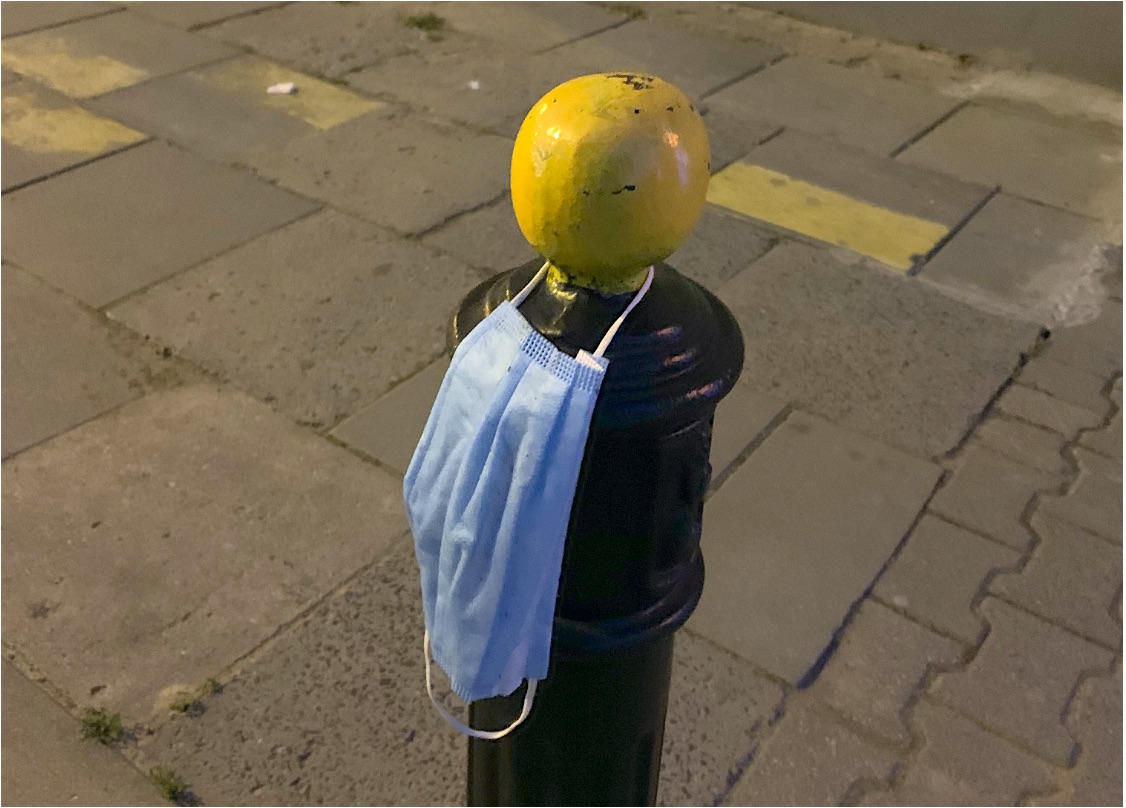Air Travel and Global Warming
As the world’s awareness of global change is rising, people begin to question the sustainability of air travel. As the majority may realize, air travel has a profoundly negative effect on our planet's climate. One transatlantic flight, from London to New York, accounts for the same amount of emissions as a typical American household does in a year.
Pollution is expected to rise
Surprisingly, air travel only accounts for 2.5% of the world's carbon emissions, as of 2021. To be exact it accounts for, 1.9% of the world’s emissions of greenhouse gasses and 3.5% of “effective radiative forcing” (Radiative forcing is the change in energy flux in the atmosphere caused by natural or anthropogenic factors of climate change as measured by watts / metre ^2).
However these statistics change year...


